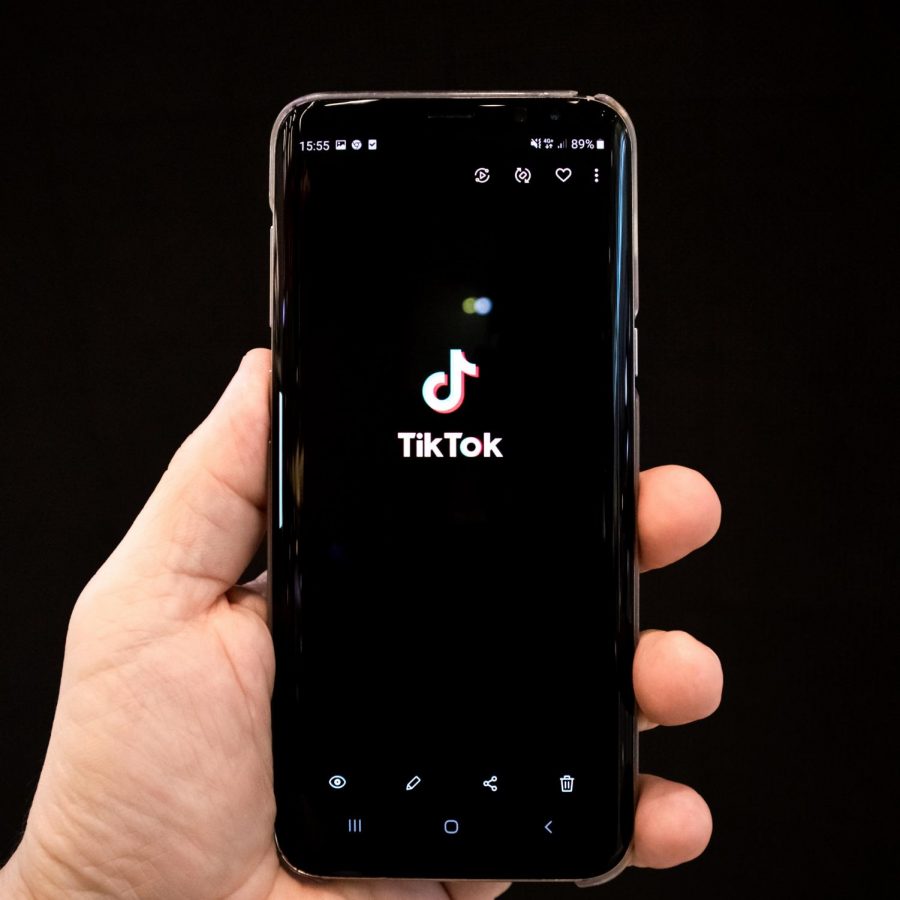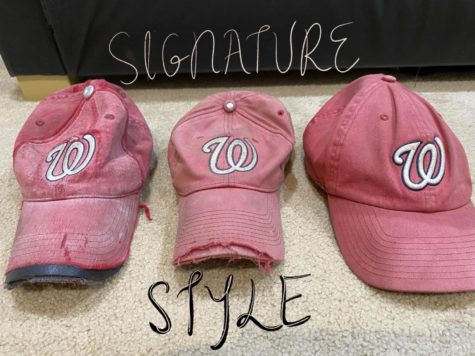The Future of TikTok
You’ve probably heard of it: TikTok. The app with endless scrolls displaying fifteen or sixty second videos of content ranging from aspiring artists to viral dances. It has taken over the world with its globality and usage by people of all ages and backgrounds. However, news of its looming shutdown along with Trump’s comments of “banning them (TikTok) from the United States” have been released leaving users worried about its future. TikTok spokesman Josh Gartner, and the millions of its users believe that the impending ban “threatens to deprive the American people and small businesses across the U.S. of a significant platform for both a voice and livelihoods.” However, in recent news, Oracle has announced it has been chosen as the buyer, investor, and cloud provider of the app (Walmart has also tentatively agreed to purchase a stake but has not yet been finalized). This deal doesn’t promise that TikTok is here to stay, but it does appease Trump’s demands of a “very American” company buying a stake of TikTok.
But what is the concern about TikTok? For one, there is the assumption that the app collects personal information, specifically to give to China, from children under the age of 13 without parental permission which is in violation of the U.S. privacy laws. However, Gartner stated that “TikTok is led by an American CEO, with hundreds of employees and key leaders across safety, security, product, and public policy here in the U.S. We have never provided user data to the Chinese government nor would we do so if asked.”Although this cannot be thoroughly researched or definitively answered, this is the main concern of policymakers and specifically, President Trump. To the public however, the worry of the exposure of inappropriate content to young users is the main issue. Like most social media platforms, the extent of the regulation that can be done for age restrictions is almost impossible. With a simple swipe, a thirteen-year-old’s birth date can change from 2007 to 2000. Through this act, this widens the range of content they are exposed to. Although the “For You Page” (equivalent to Instagram’s home page “feed”) caters to the interests of the user through data that sees which types of videos, creators, and hashtags they pay most attention to, viral videos and trends regardless of the user’s preferences are bound to show up on the “For You Page”. Harmful and often triggering content could be exposed to a minor without their consent, oftentimes content that is as disturbing to adults. Although the freedom of the app is what appeals to its users, one must also think about the consequences that freedom can result in. Many teenagers and young adults put their privacy on the line in exchange for their chance at fame. Oftentimes, they must deal with uncomfortable situations, users’ total access to their lives, and attention at unwanted times. The impact of this blurred line between private and public can have an unwanted effect on teenagers’ mental health and self-confidence.
As with every other medium of social media, there exists major privacy concerns. Even though there may be the issue of data collection by China, people still seem comfortable exposing their personal lives. Users put images of themselves, their likes and dislikes, where they’ve been and what they’ve done completely public. The ability to search up a person’s name, address, and phone number can be done through a few Google searches. However, is this the world we are now used to? How much freedom are we willing to give up for entertainment or even virality?





